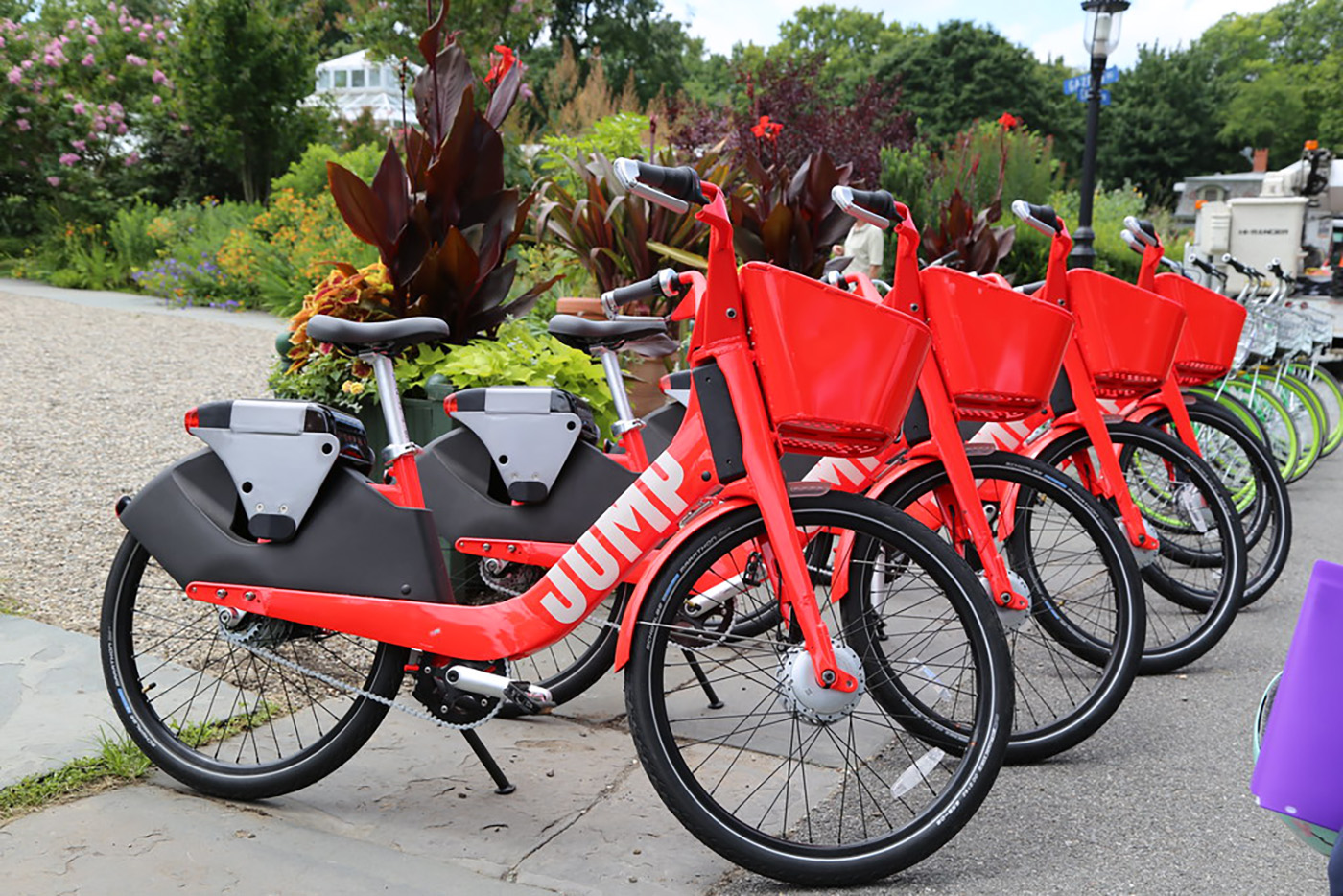Leilee Naderi is a business administration sophomore and Mustang News columnist. The views expressed do not necessarily reflect those of Mustang News.
Think airbnb. Think Uber. Think today’s business models.
Now, think about how beneficial it would be to have a bike-share program launch on campus.
A peer to peer marketplace is what defines the momentum of the past decade, with an emphasis on how the aforementioned businesses have been booming in the past five years.
When you think about airbnb and Uber, a likely scenario is that these thoughts exist in your mind in tandem with the reality that you’re going on vacation.
“Paying $100 for a taxi home from SFO? No way!”, exclaims your Dad as he, with sanity, orders a severely cheaper Uber back home.
Think past airbnb. Think past Uber.
You’re now in downtown and you have lunch plans on one side of town and a shift at work on the other side. Instead of taking a long time to walk, or feeling deeply embarrassed for ordering an Uber for a virtually short distance, you now have a new solution: bike-sharing. Everywhere you look, there are communal bikes parked outside of shops and restaurants, and available for you to use via access from an app on your phone.
The concept of using something and leaving it wherever you finish is a clean-cut and satisfying process (not littering of course, but with bikes and scooters).
Cal Poly has just approved a pilot program to find and lock down on a bike-sharing program to bring to campus. This way, a feeling of ease — instead of all the pollen — can fill the air on campus. In addition, SLO has approved bringing bike-sharing to downtown, so why shouldn’t we also bring them to campus?
With a bike-sharing program on campus, issues in regards to the clunkiness of bikes will fade away. Out of state students will no longer need to worry about sending their bikes over the state lines to Poly. Students who cannot afford a bike can perform their individualized cost-analysis of buying a bike or using ones on campus once the pilot program takes a more solid form.
Bikes will be located at areas of heavy foot traffic, indicating that students trying to get to and from class will be accommodated. The presence of communal bikes will also reduce the classic college problem of bike theft.
At this point, we are unsure about the logistics of the bike-sharing program, but a simple proposal would be to set up a system connected to students’ PolyCards and have payments be made through the portal.
Cal Poly is ultimately a forward moving campus, and the adoption of bike-sharing will just serve as more evidence of our participation in today’s market models.

